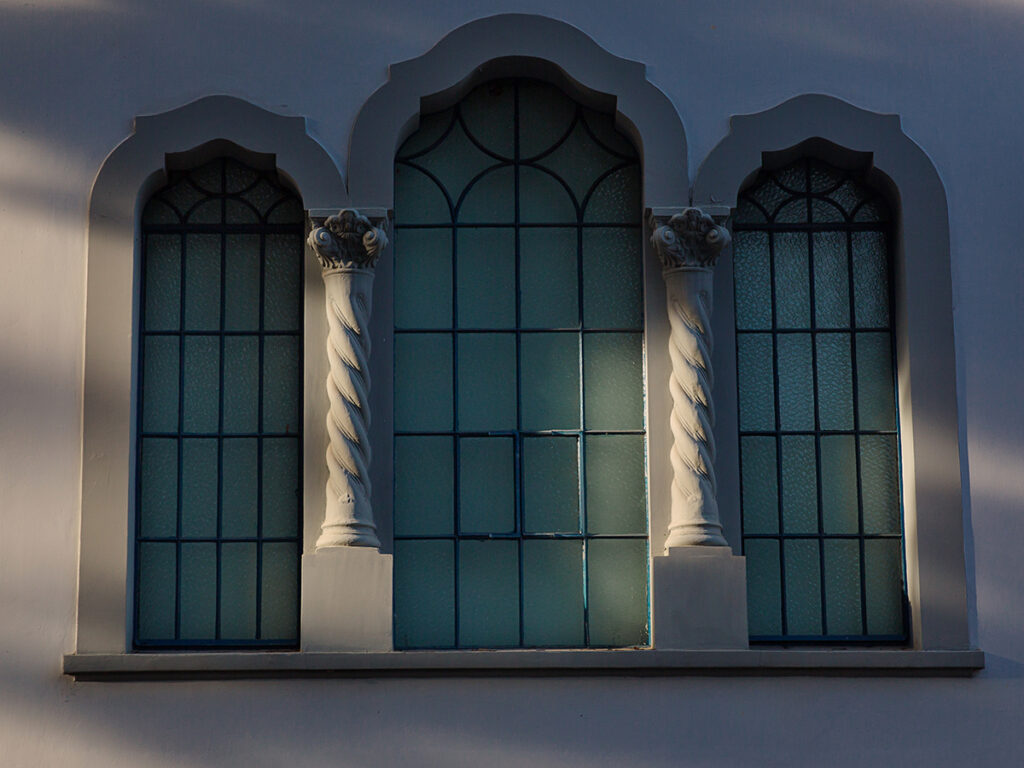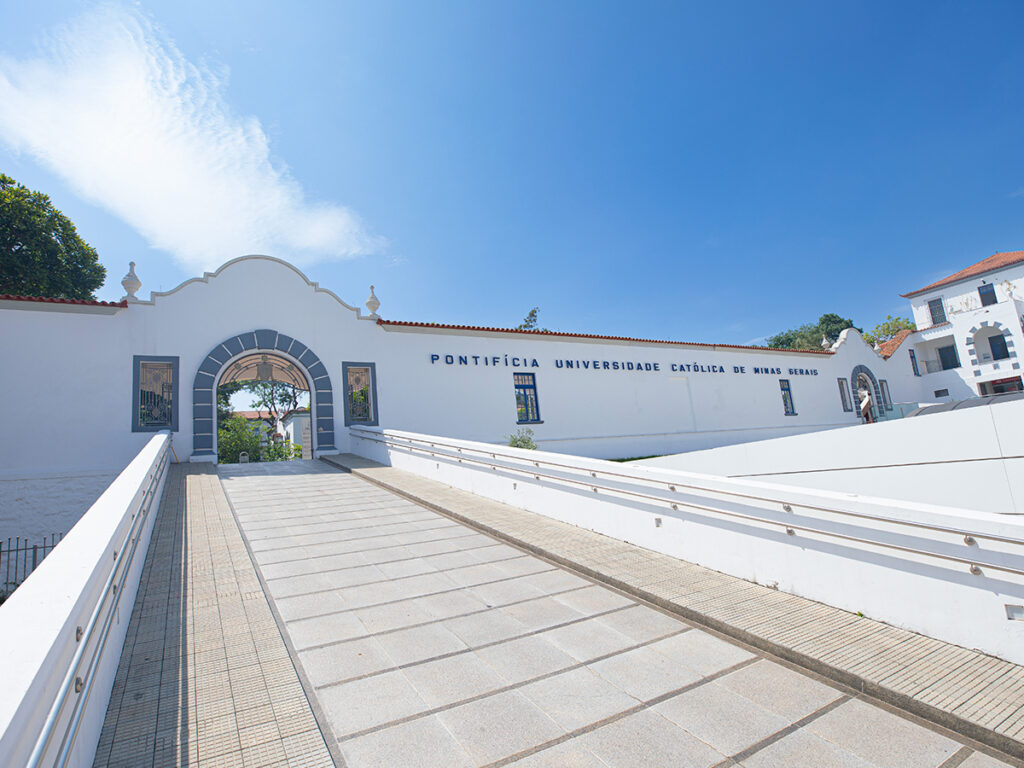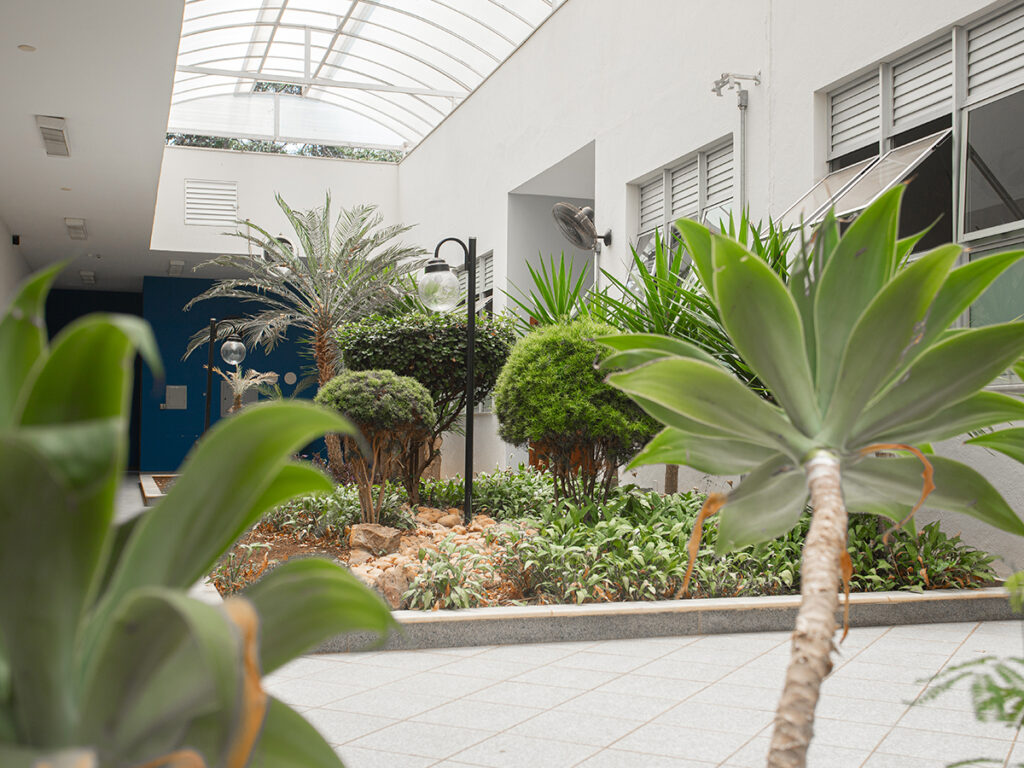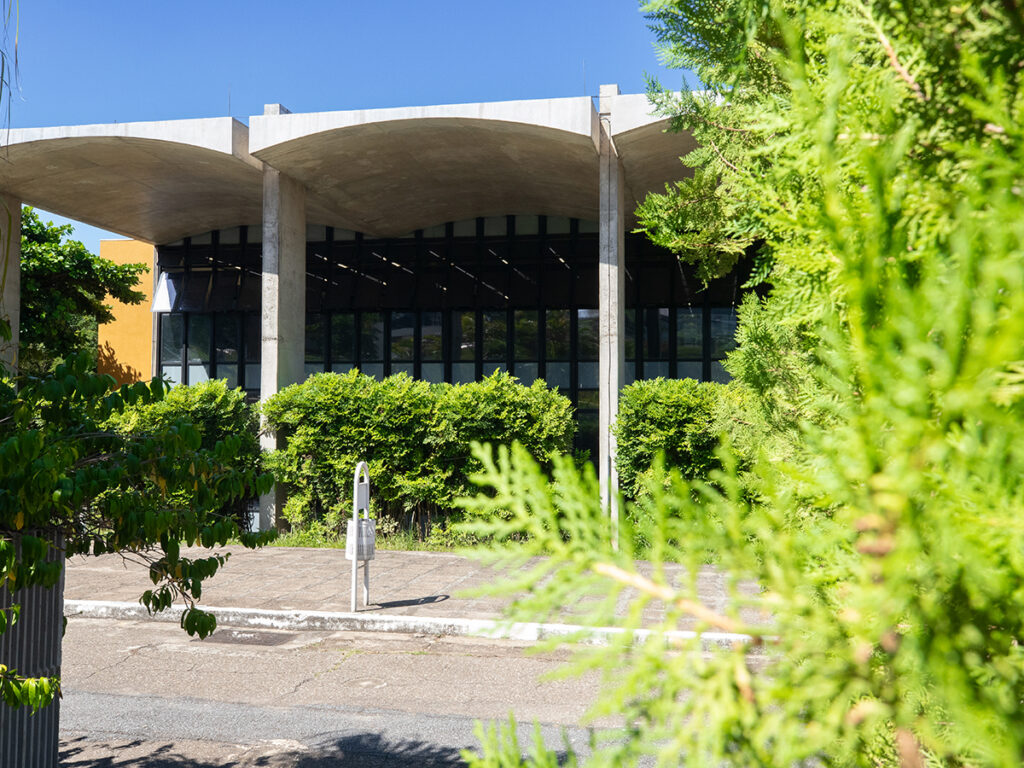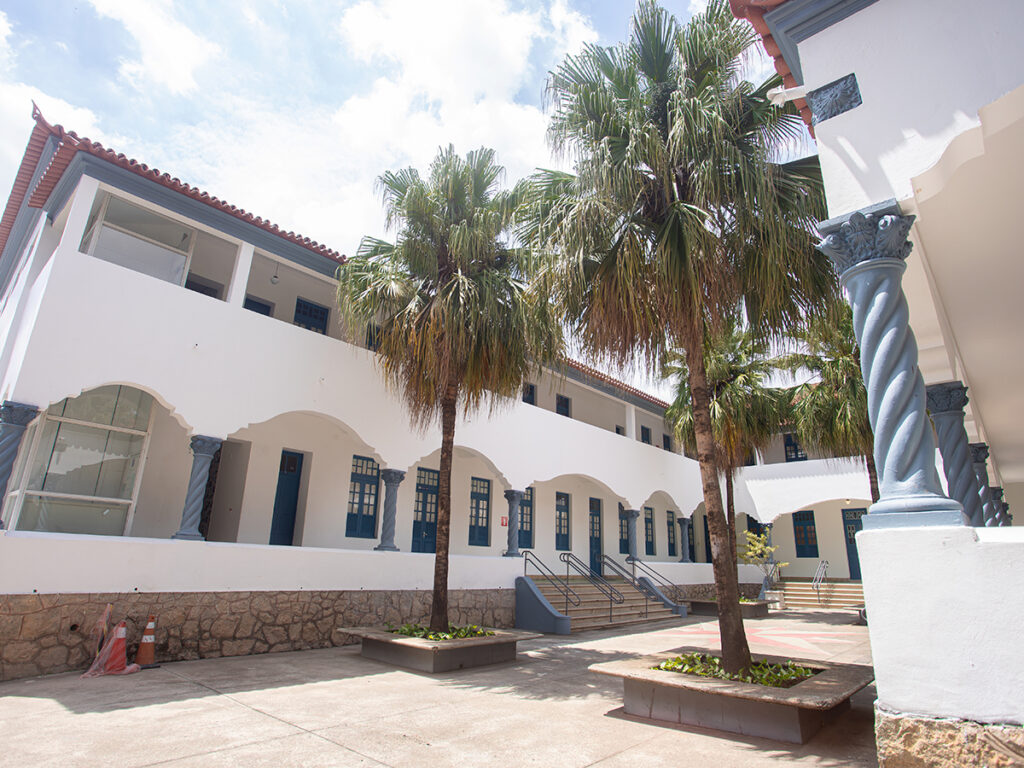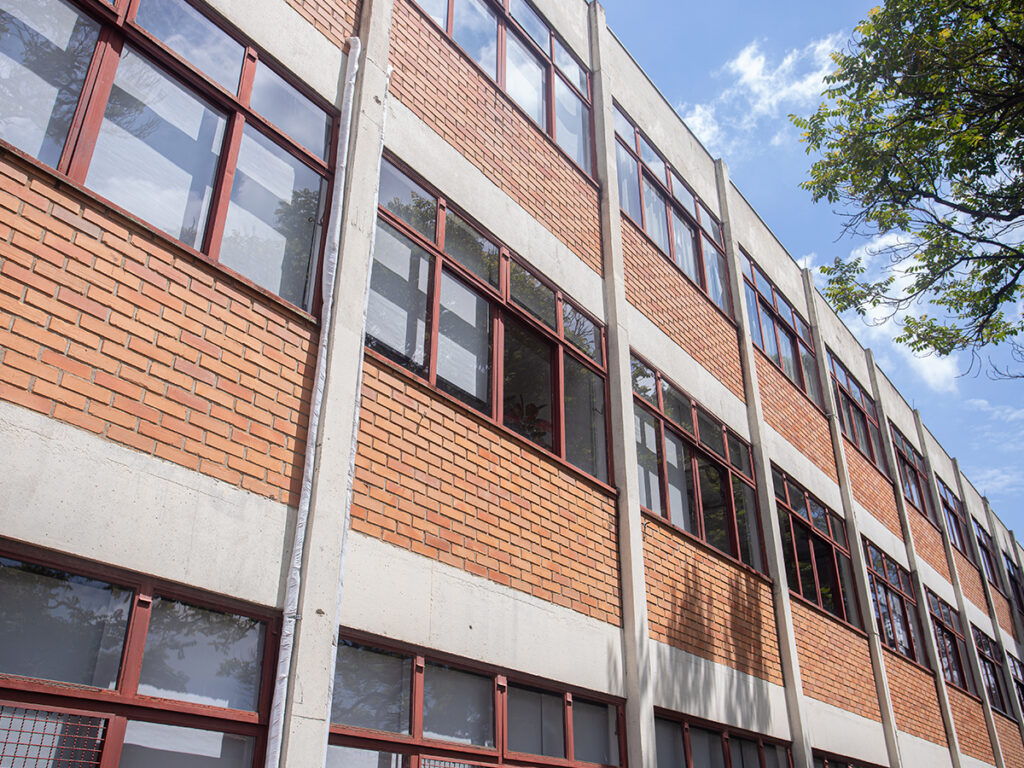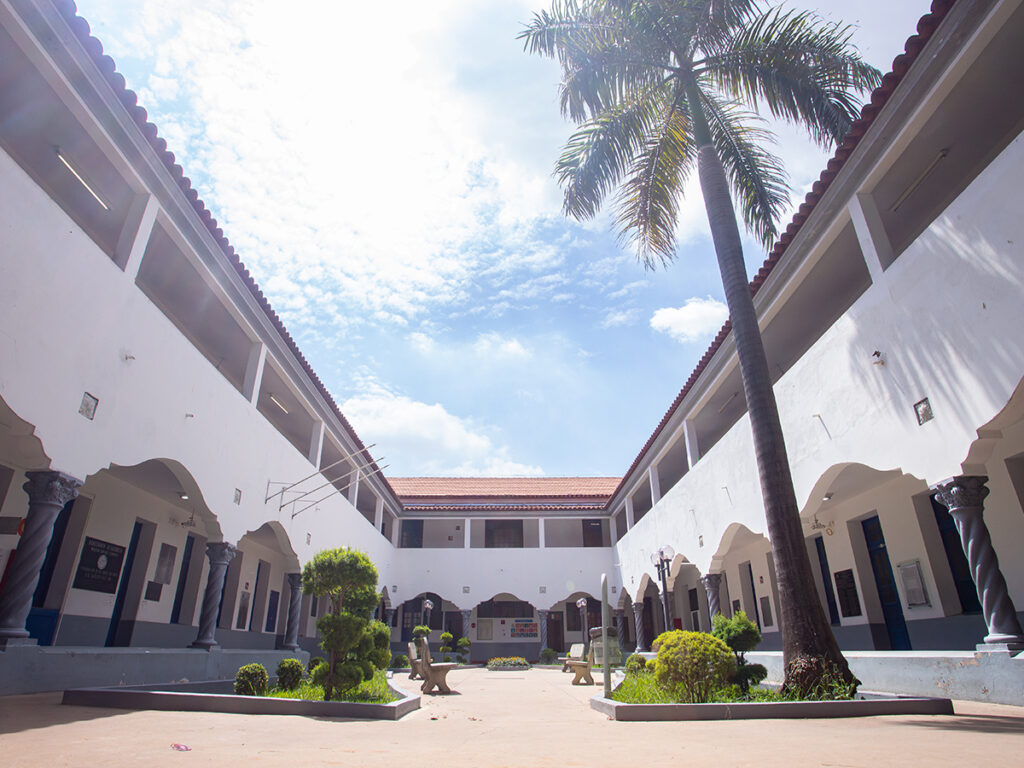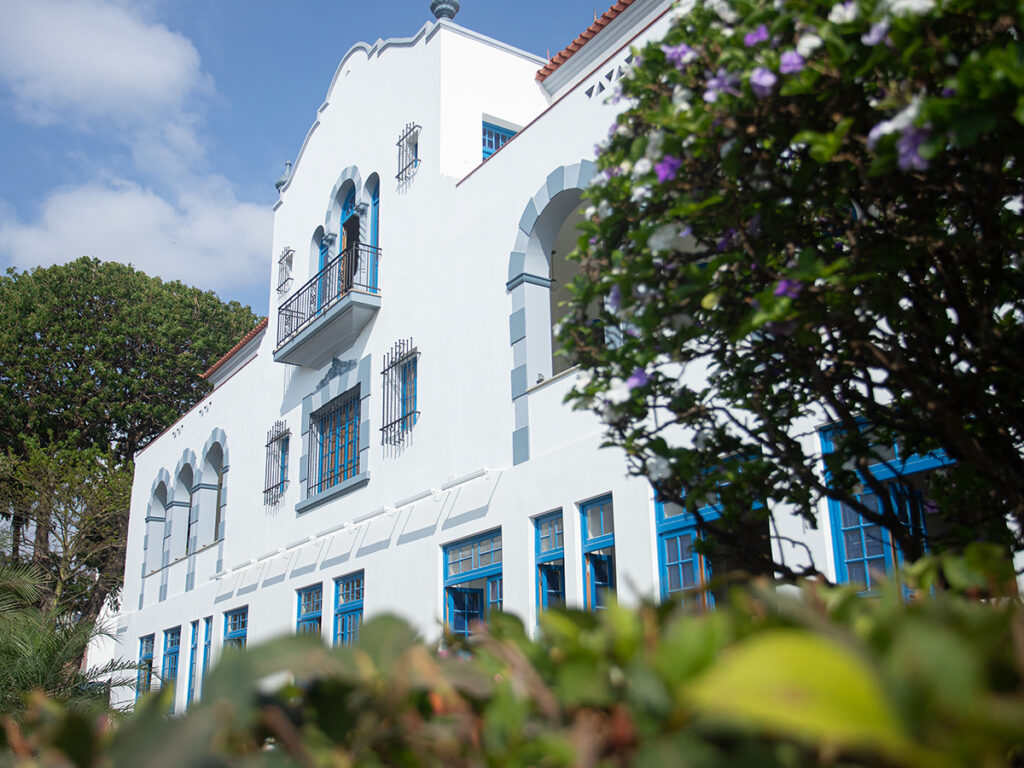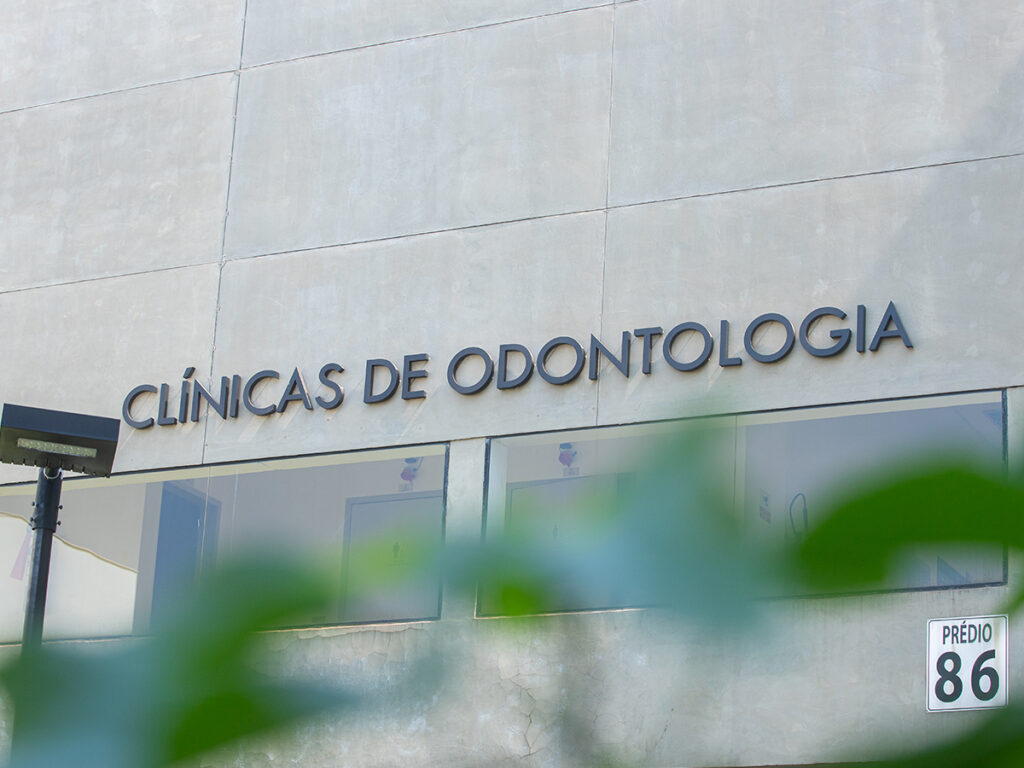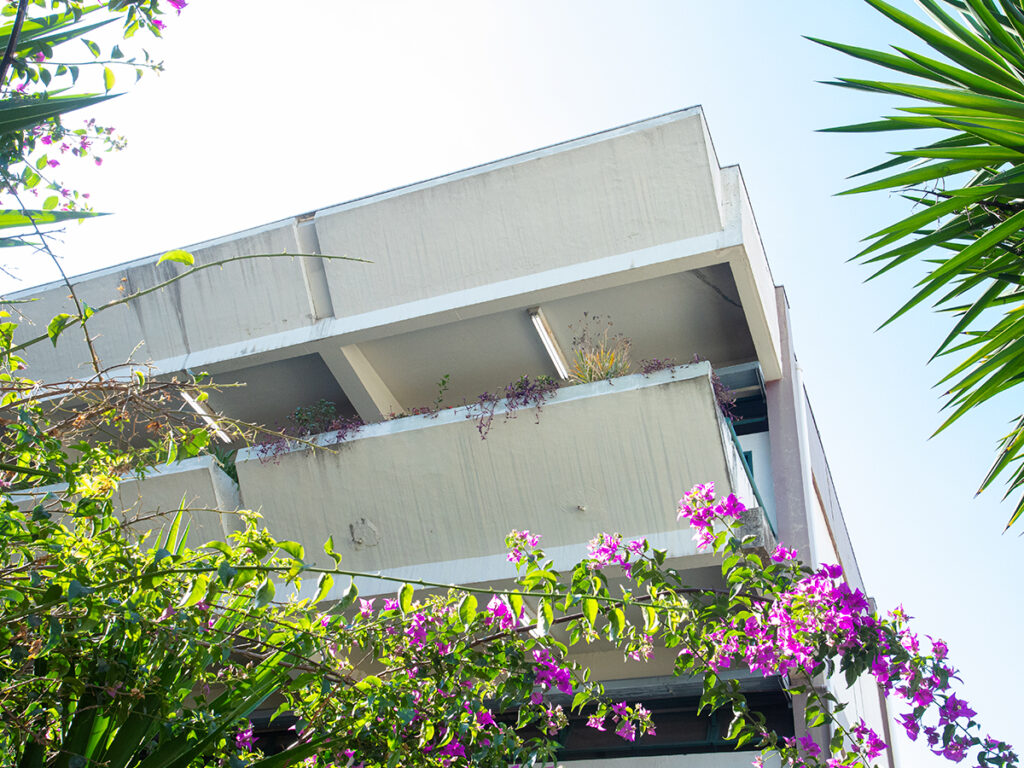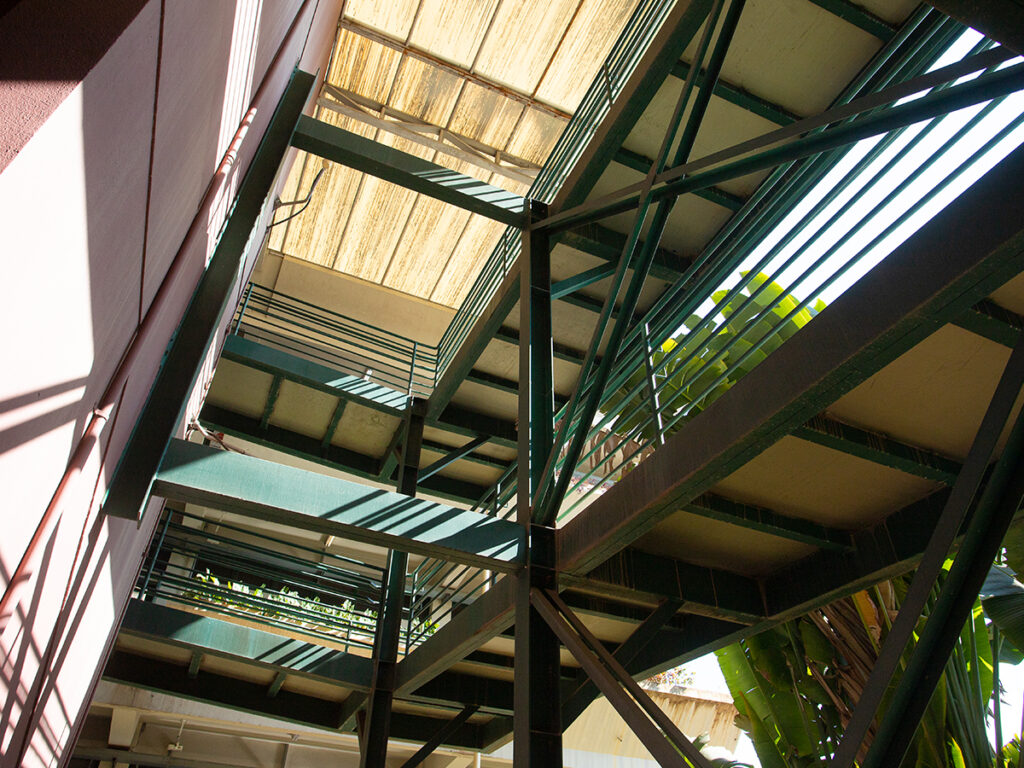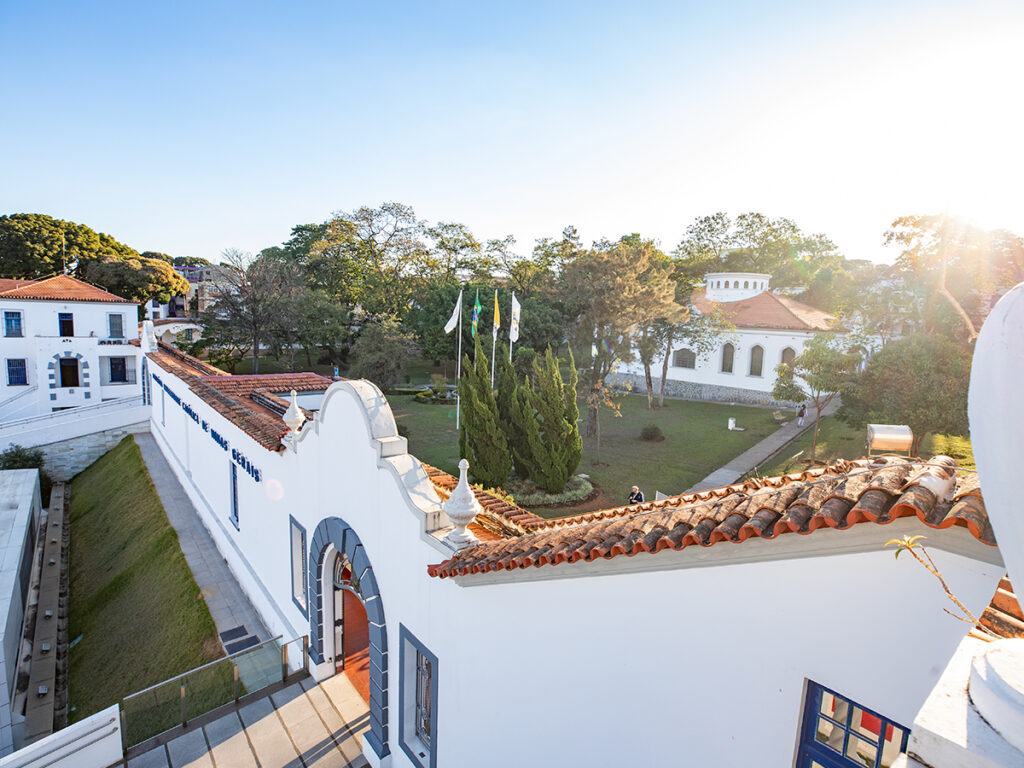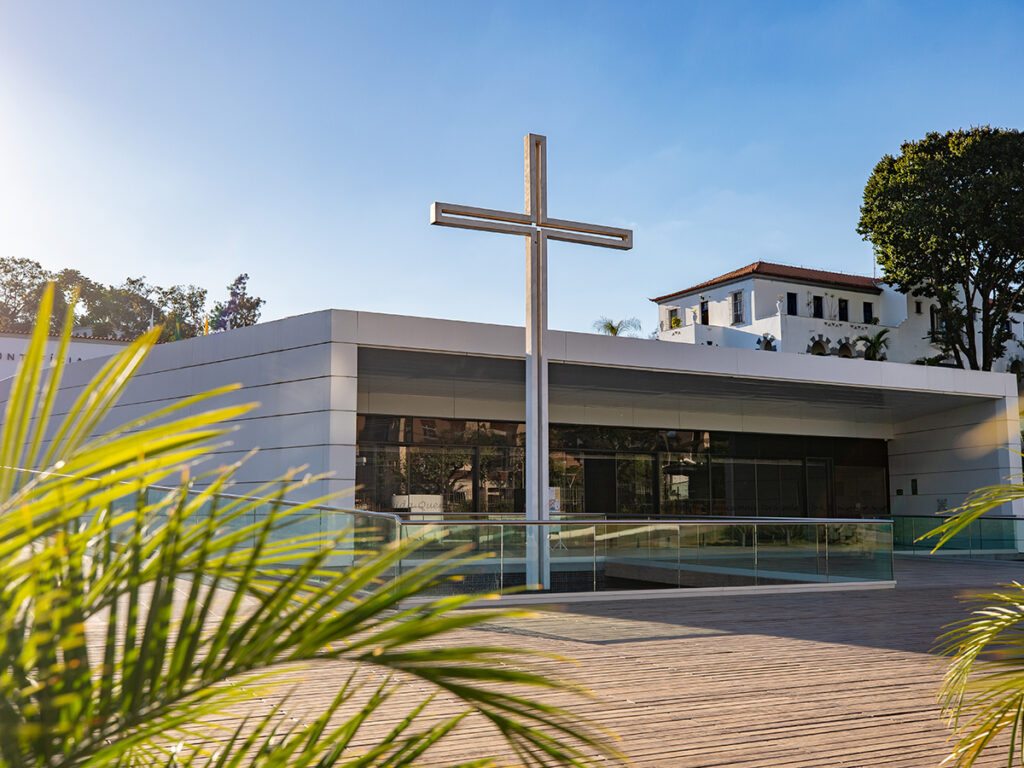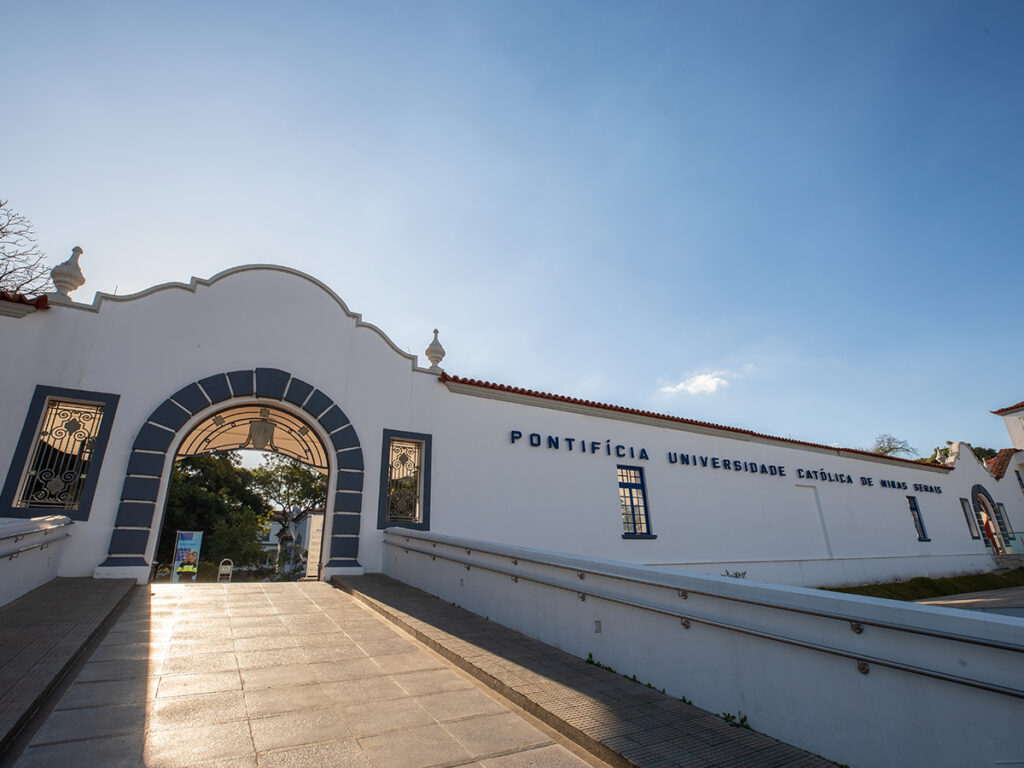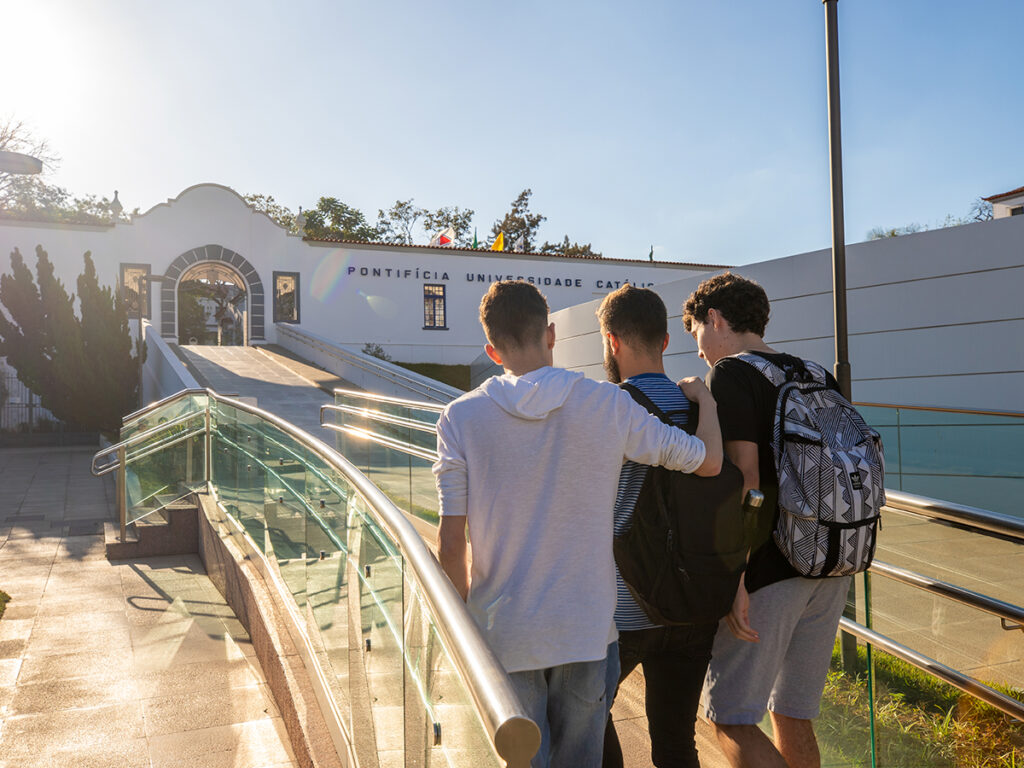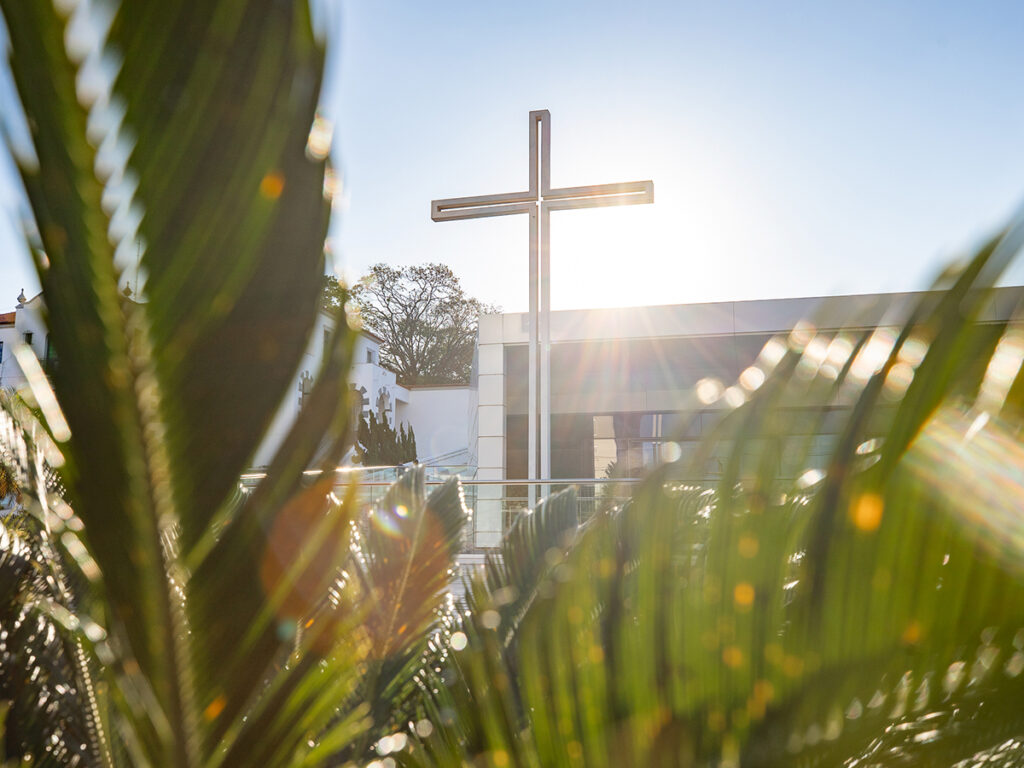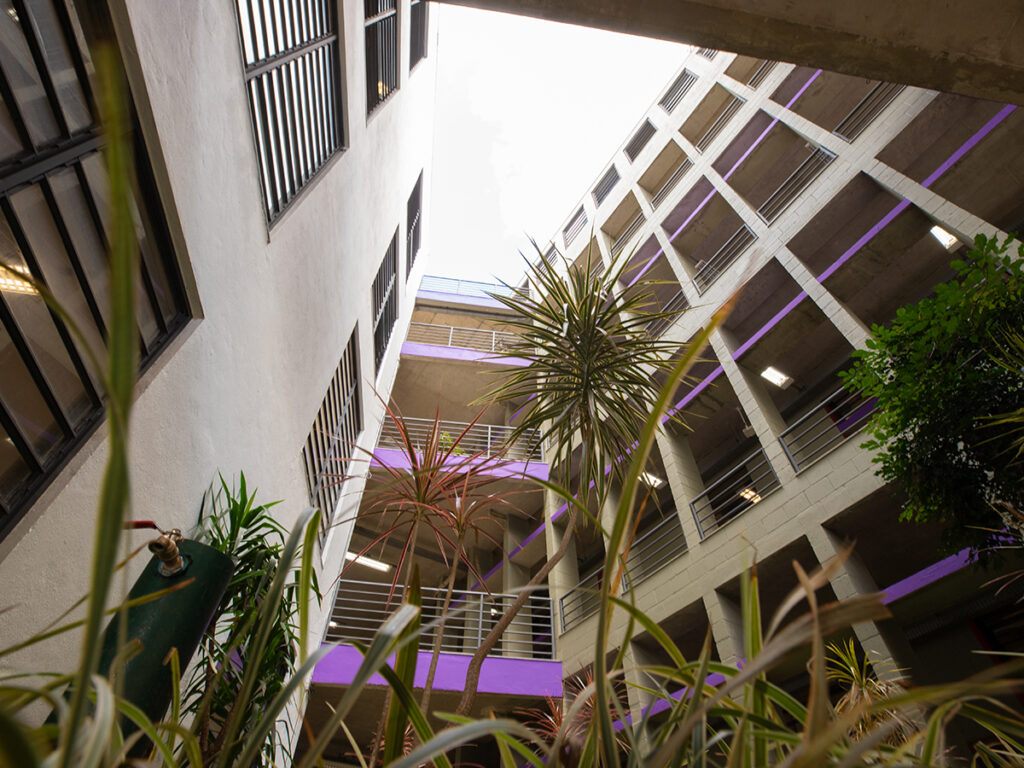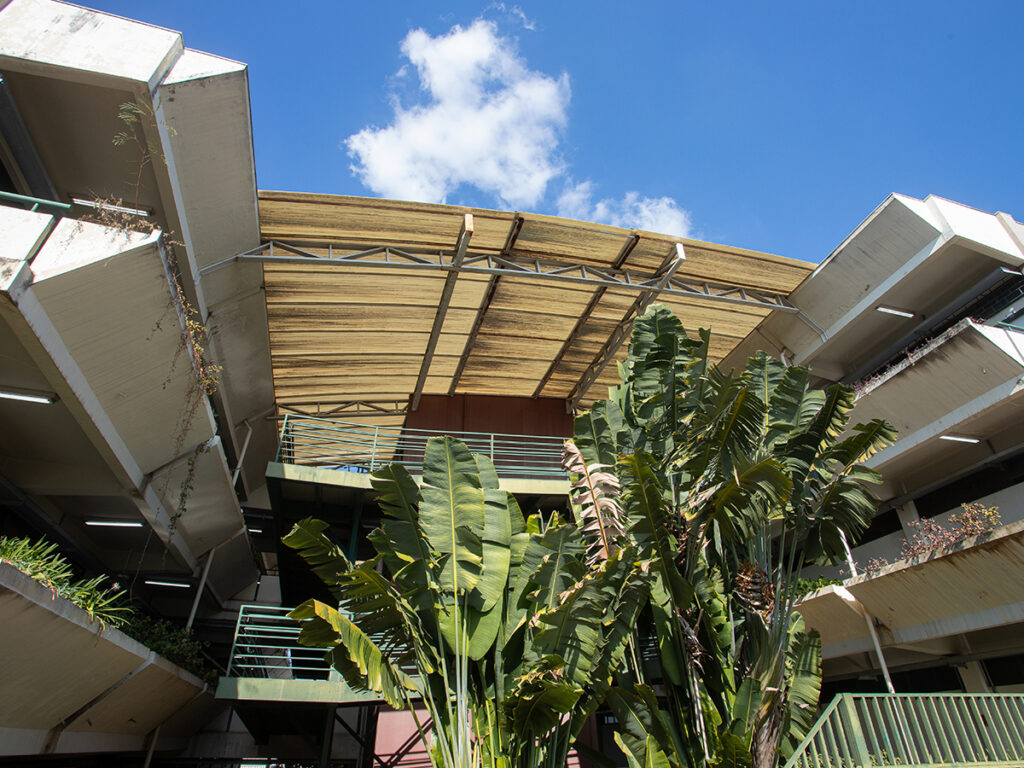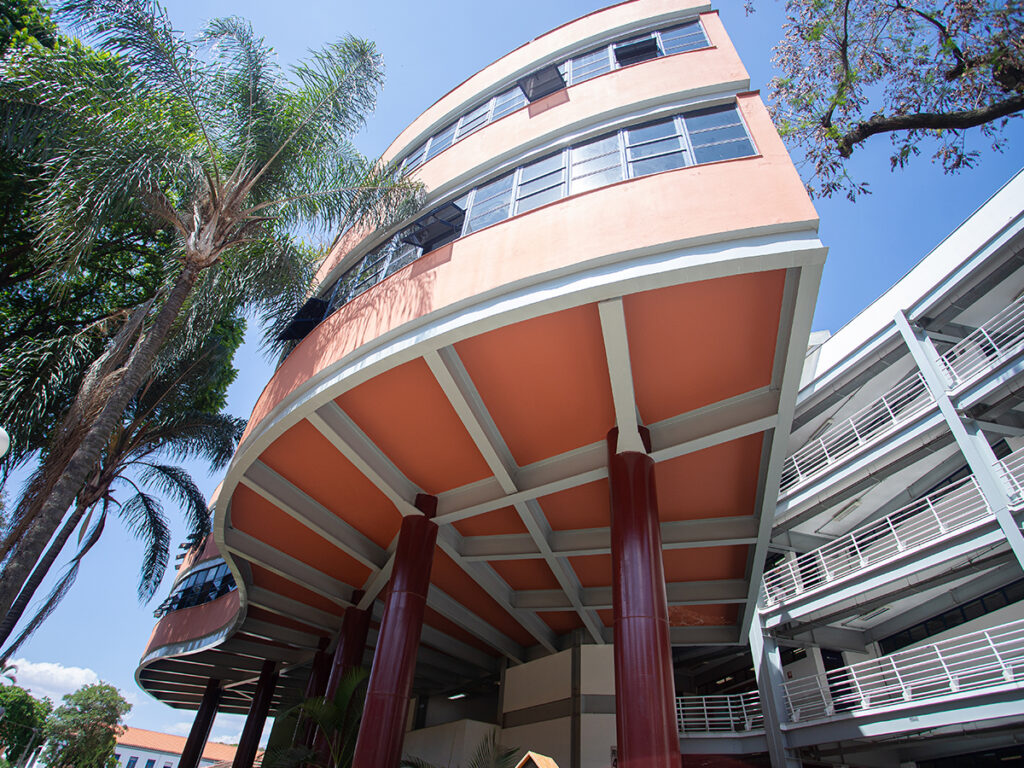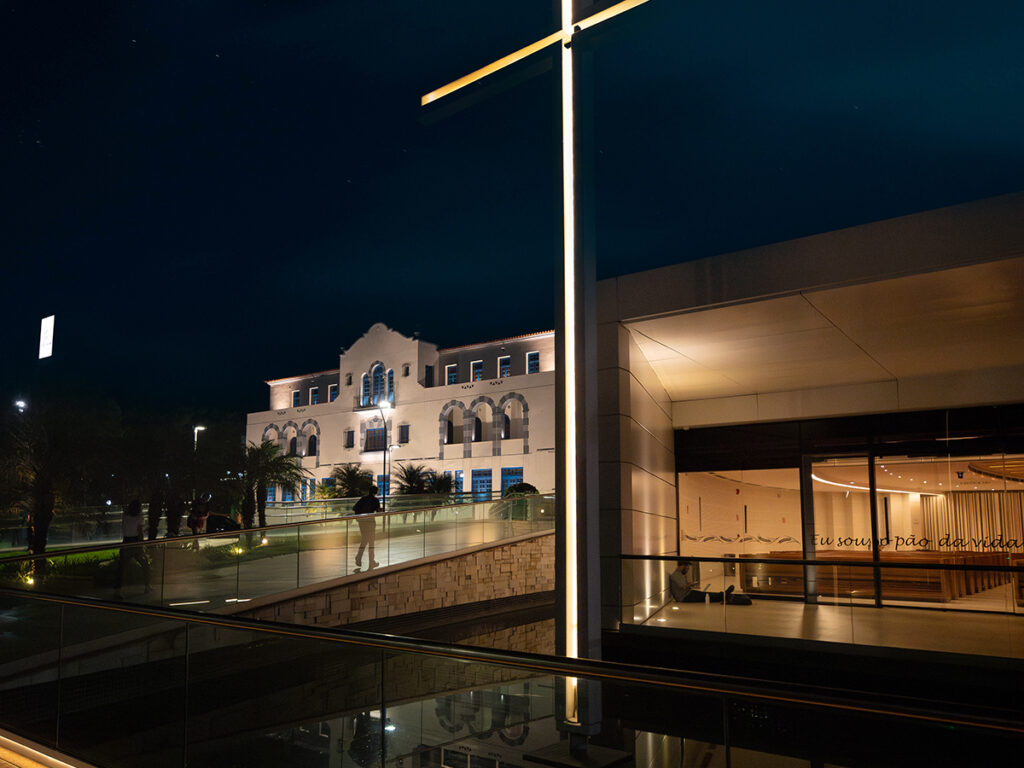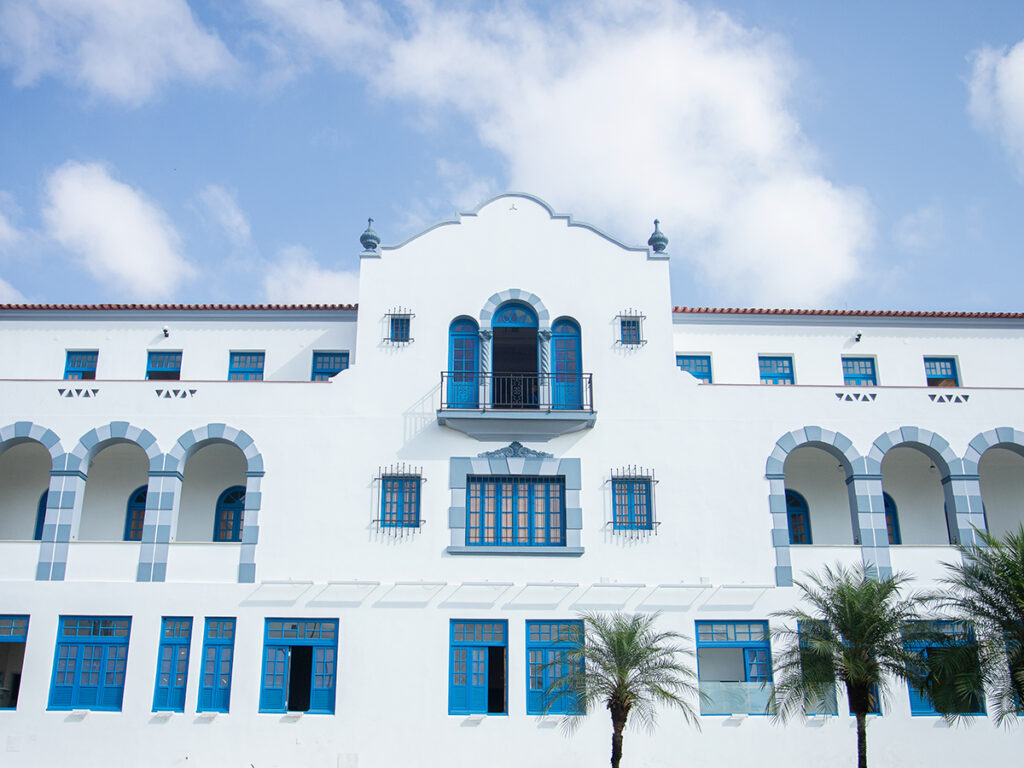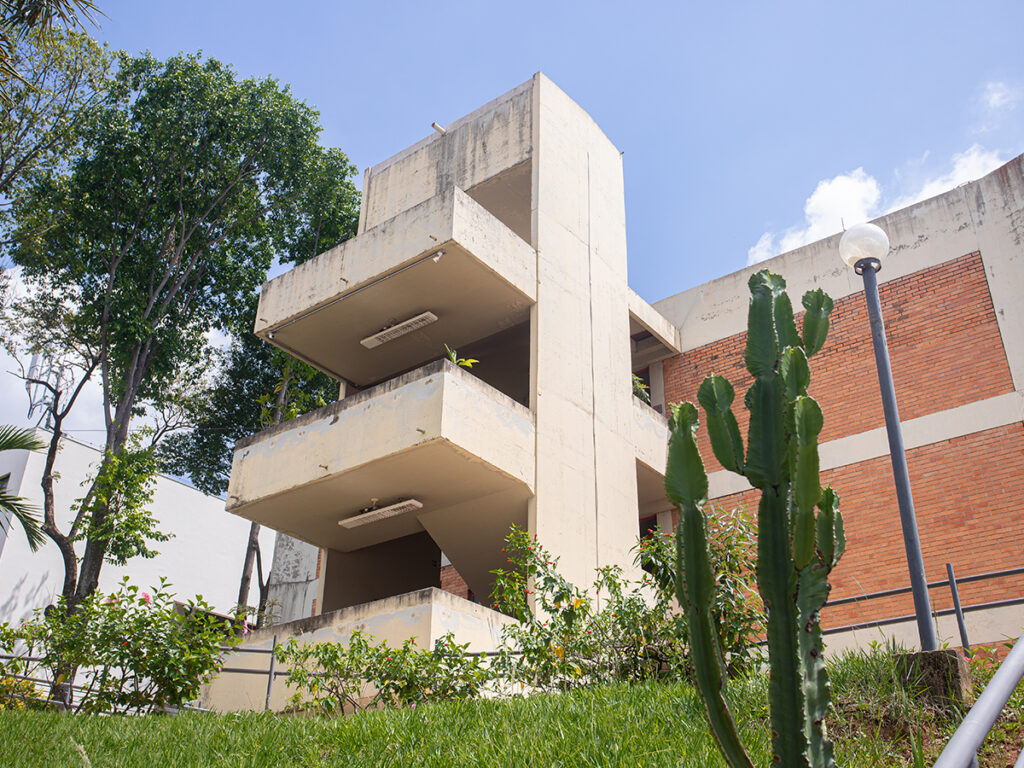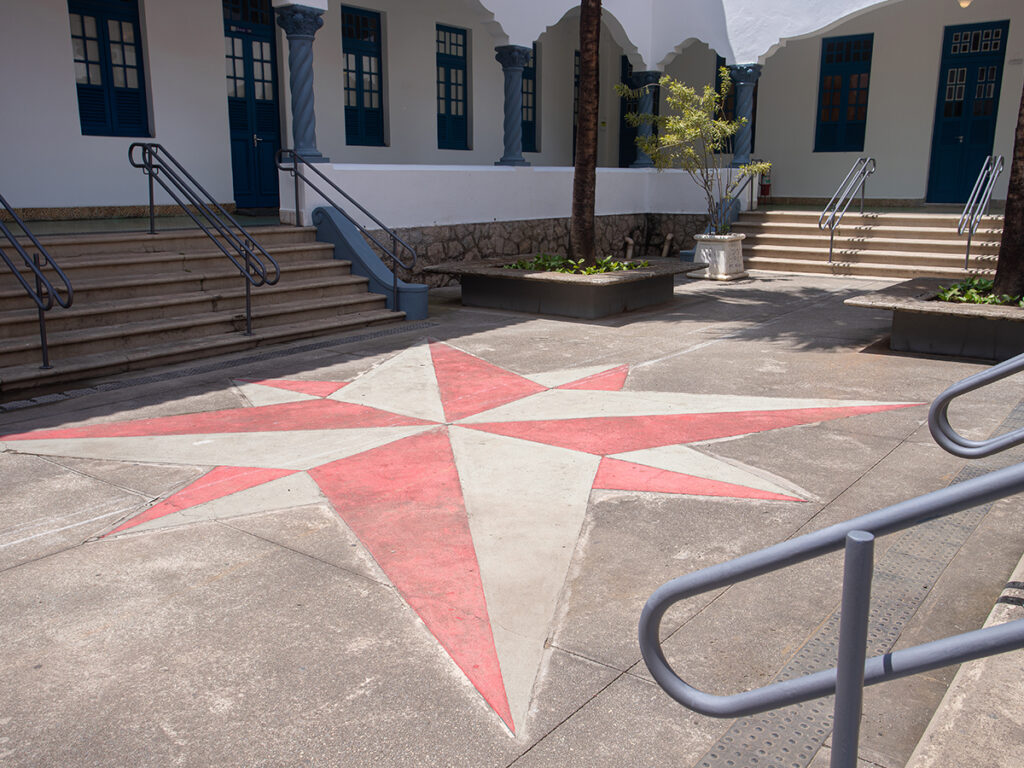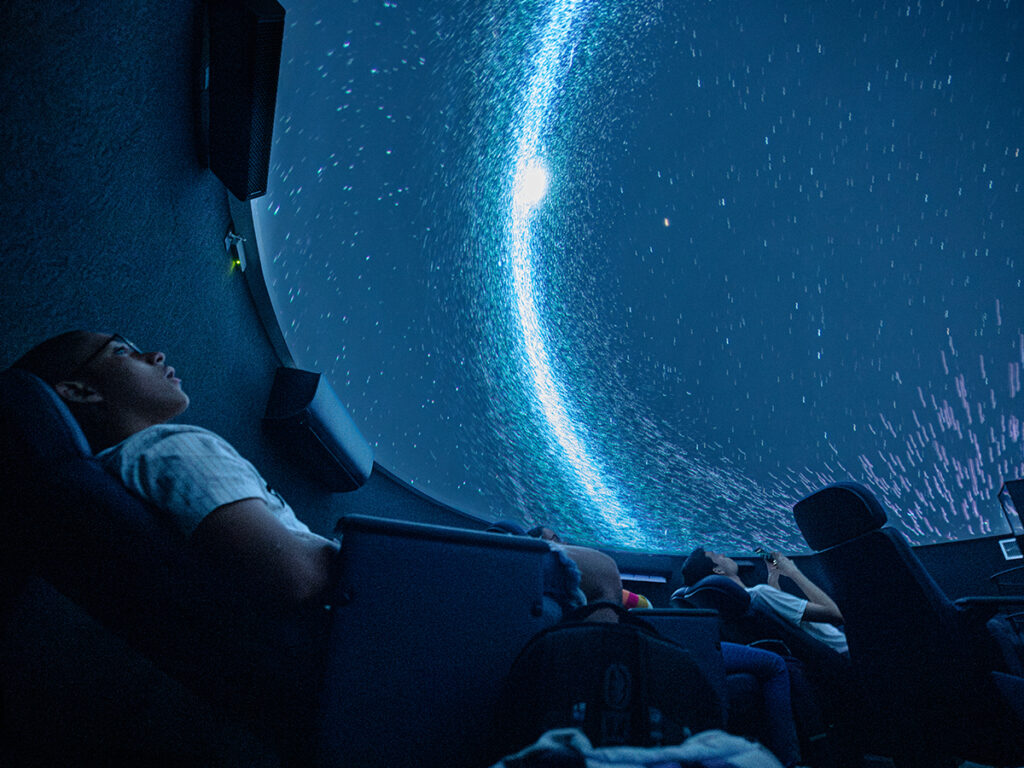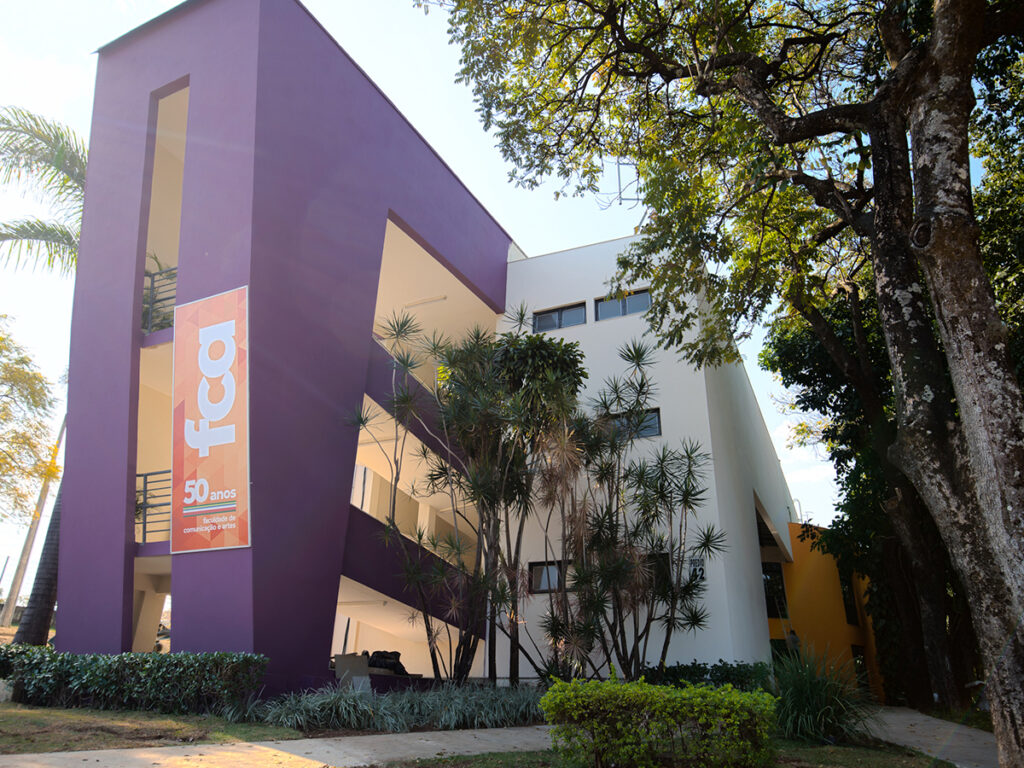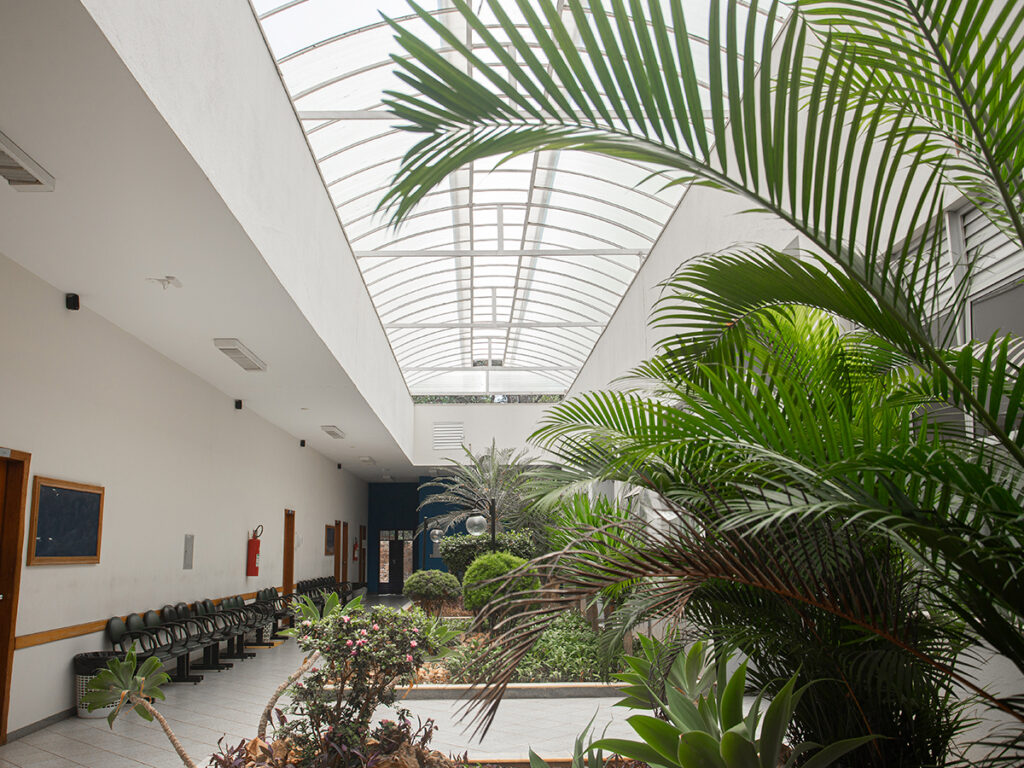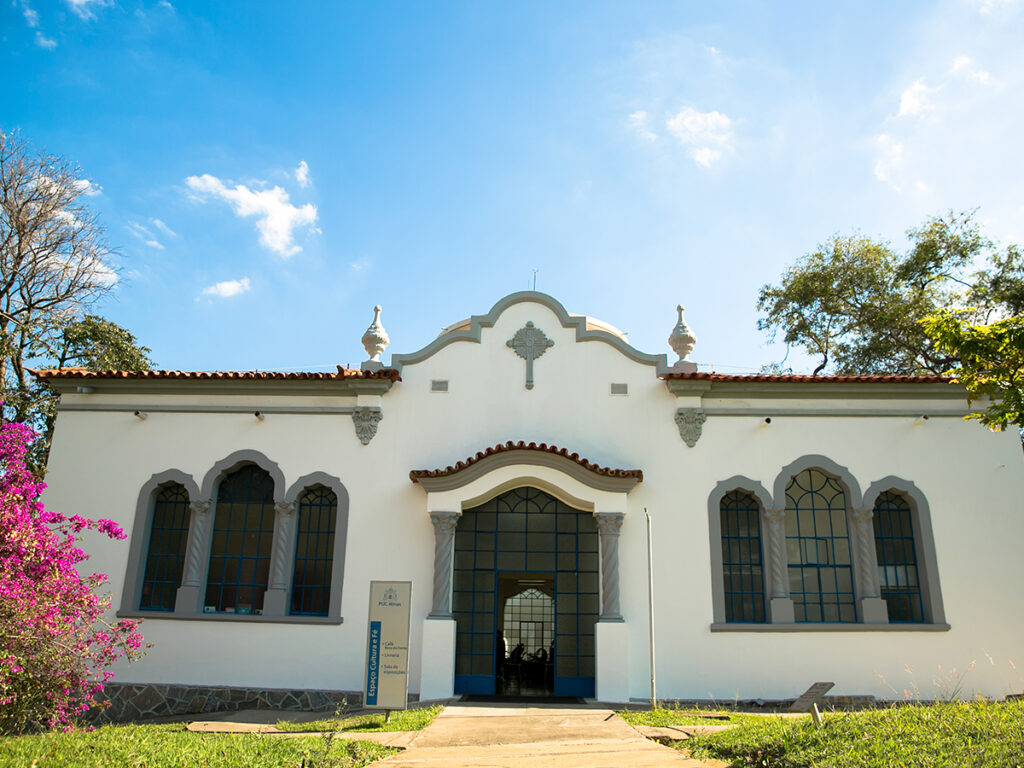
PBL2025 International Conference
PBL AND ACTIVE METHODOLOGIES FOR A MORE INCLUSIVE AND EQUITABLE WORLD
Belo Horizonte, Brazil | October 29, 30, 31, and November 1, 2025

Why active methodologies, inclusion, and equity?
The PANPBL Association of Problem-Based Learning and Active Learning Methodologies, the foremost international interdisciplinary network dedicated to advancing research on active learning methodologies, with 25 years of experience, has joined forces with the Pontifical Catholic University of Minas Gerais (PUC MINAS), a benchmark for academic excellence in Brazil with a distinguished 67-year history, to host the International Conference PBL2025.
Supported by the Research Center for New Pedagogical Architectures at the University of São Paulo, this collaboration has resulted in a conference that will explore how PBL and active learning methodologies can foster inclusion and equity within academic and school environments. Given that student agency is a fundamental principle of this learning model, its application in educational settings promotes diversity and nurtures respect for differences in teaching and learning relationships. Furthermore, empowering individuals to take an active role in society contributes to fostering engaged citizenship, ultimately working towards a more sustainable, compassionate, fair, and fulfilling world.
Under the theme “Active Methodologies for a More Inclusive and Equitable World,” the International Conference PBL2025 seeks to stimulate discussions, facilitate the exchange of experiences, and equip students and educators of all levels with knowledge on active learning themes and methodologies to elevate the quality of education.
The conference will cover a broad spectrum of teaching and learning models, including Problem-Based Learning, Project-Based Learning, Team-Based Learning, Design Thinking, the Maker Movement, Case Studies, Concept Mapping, Flipped Classrooms, and the integration of technologies and multiple languages across diverse fields of study and educational levels.
Bring your expertise, share your insights, and be part of the International Conference PBL2025!
PROGRAM
The PBL2025 International Conference will feature a structure based on the principles of both conservation and transformation. On one hand, it will maintain traditional conference formats, such as poster sessions, oral presentations, and keynote addresses by renowned international experts in the field. On the other hand, it will introduce innovative approaches to structuring interactions, exchanges, and learning among participants, in alignment with the objectives of active learning methodologies. The conference will offer a wide range of workshops, sessions held outside conventional conference spaces, and other novel formats.
The conference will be trilingual (English, Portuguese, and Spanish), meaning that sessions may be conducted in any of the three official languages, which will be specified in the program. Main sessions will include simultaneous translation.
The proposed session formats for the conference include:
- Invited speakers (national and international)
- Symposia (national and international)
- Oral presentations of research and practices
- Interactive poster presentations and/or prototypes
- Lounge sessions (informal interactions between speakers and participants)
- Thematic invited workshops (national and international)
- AUTHENTIC PBL – Immersive PBL Workshops in real-world settings
Invited Speakers
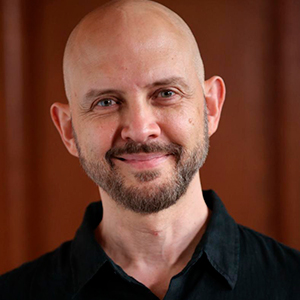
(USA)
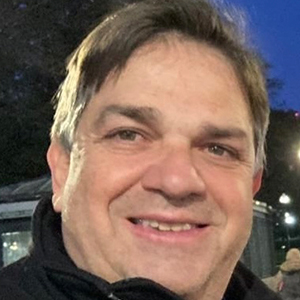
(Brazil)
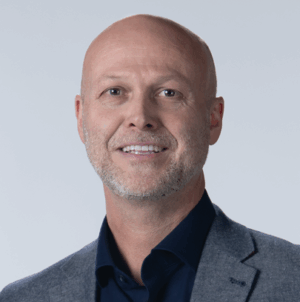
(United Kingdon)
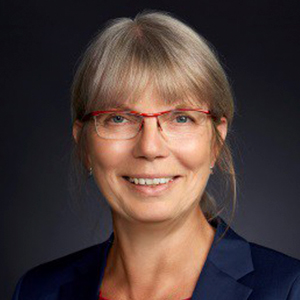
(Denmark)
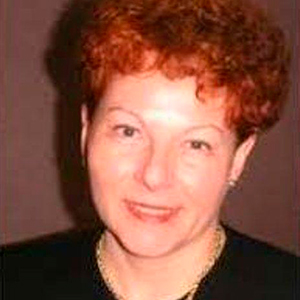
(EUA)
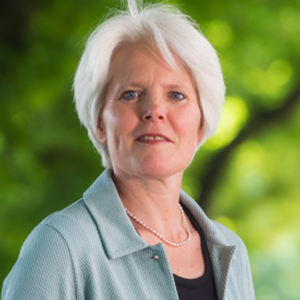
(Netherlands)

(USA)
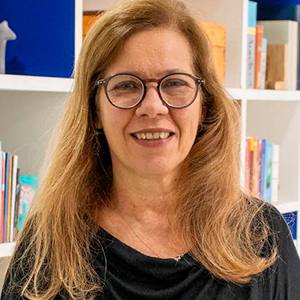
(Brazil)
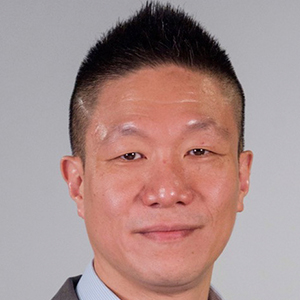
(Singapore)
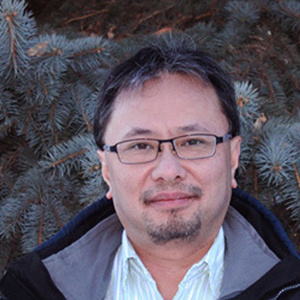
(United States)

(Brazil)
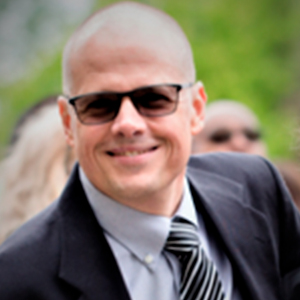
(United States)
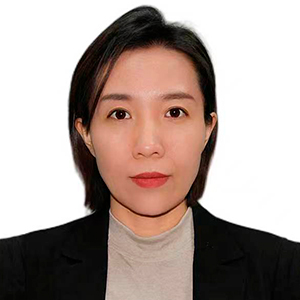
(China)
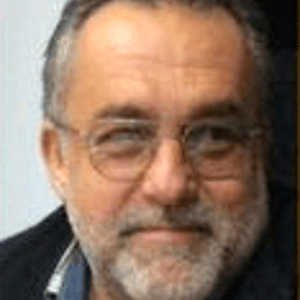
(Peru)
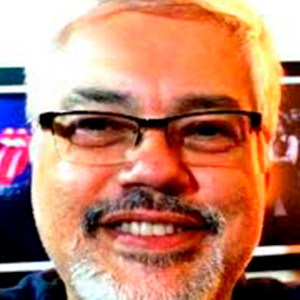
(Brazil)
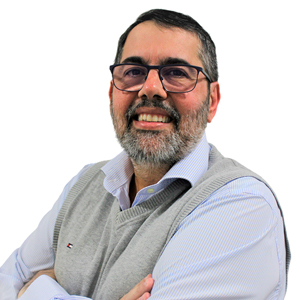
(Brazil)
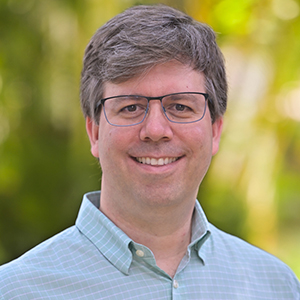
(Brazil)
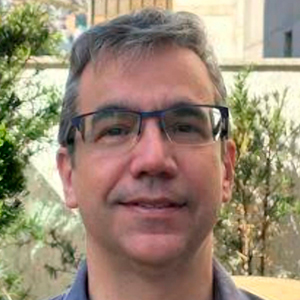
(Brazil)
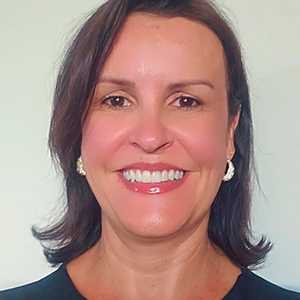
(Brazil)
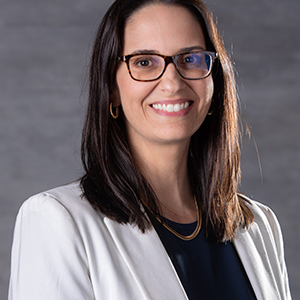
(Brazil)

(Brazil)
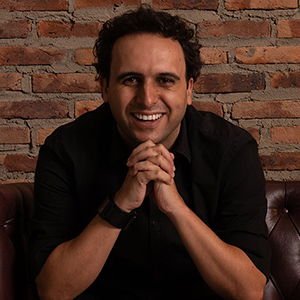
(Brazil)

(Brazil)
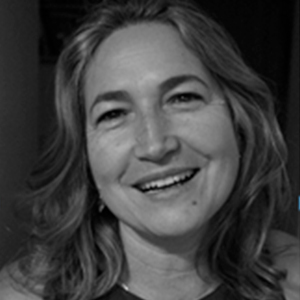
(Brazil)
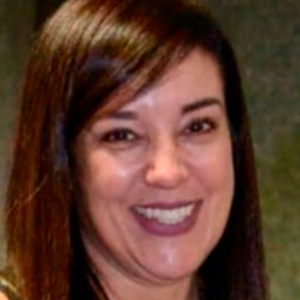
(Brazil)
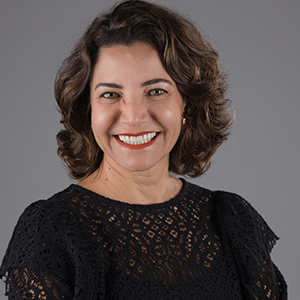
(Brazil)
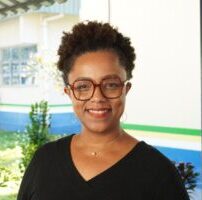
(Brazil)
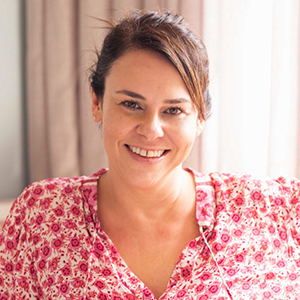
(Brazil)
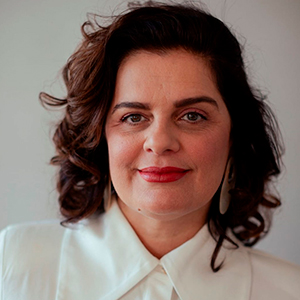
(Brazil)

(Brazil)

(Brazil)
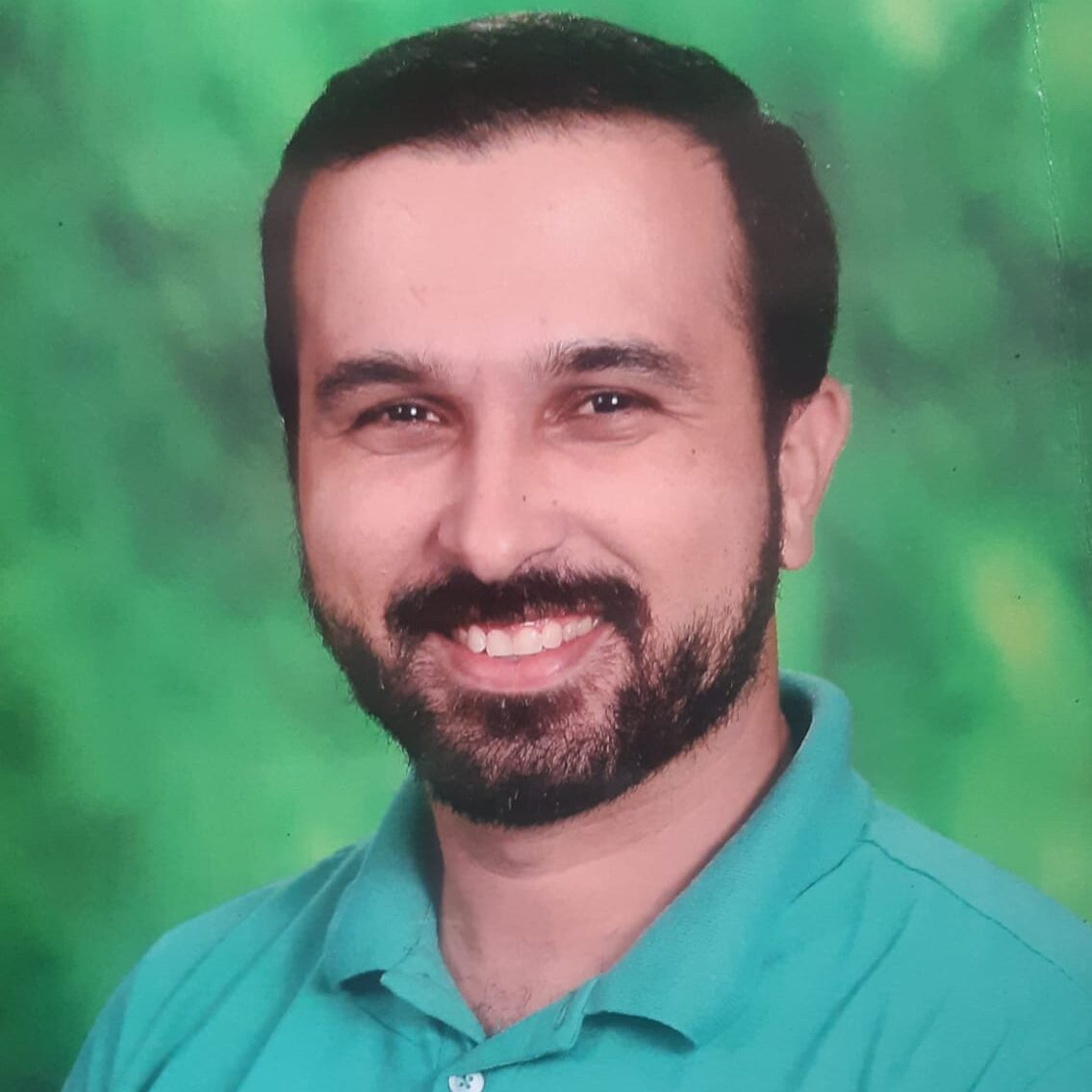
(Brazil)
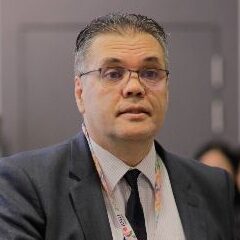
(Vietnam)
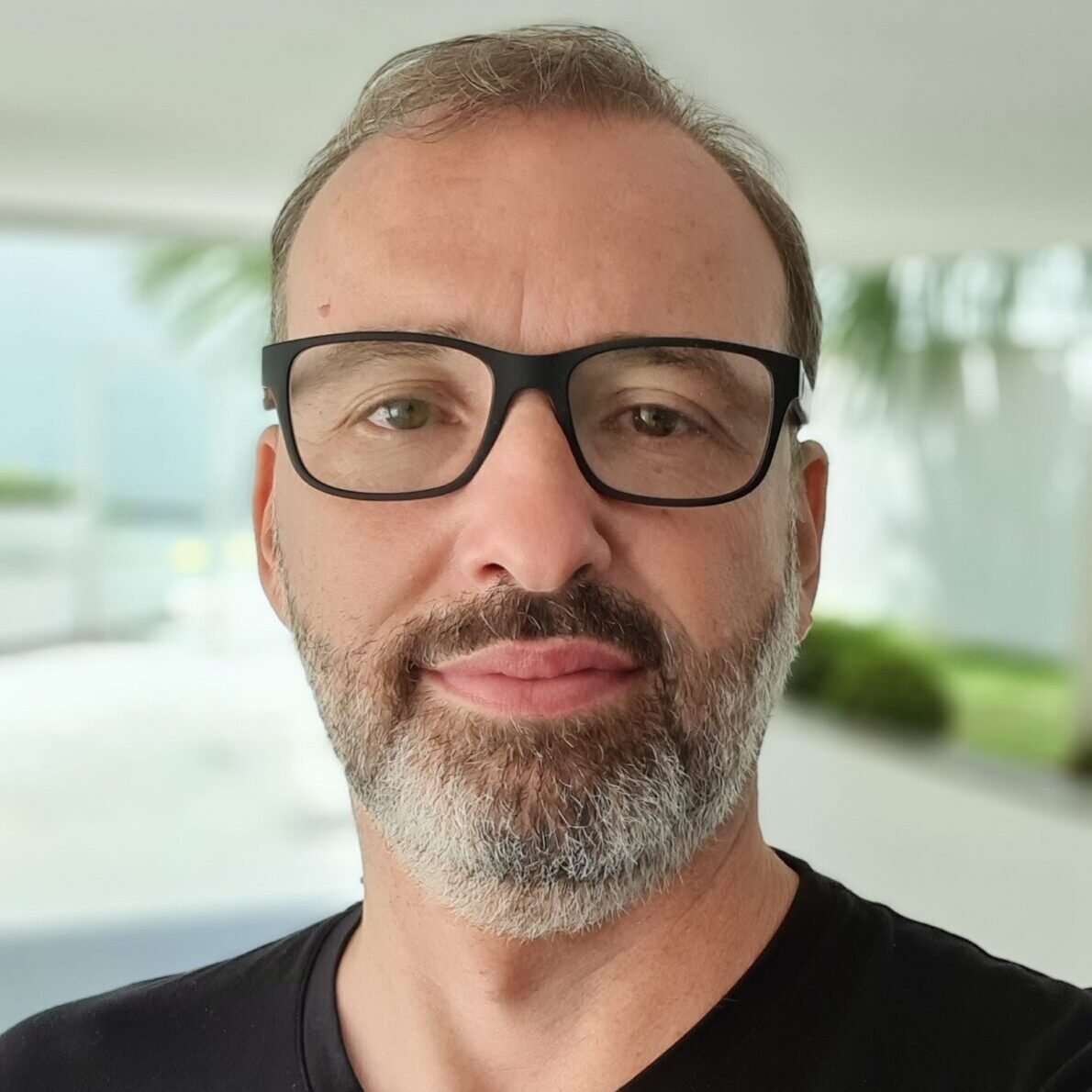
(Brazil)
PBL2025 International Conference
Conference Schedule at a Glance
| WEDNESDAY 10/29 | THURSDAY 10/30 | FRIDAY 10/31 | SATURDAY 11/1 |
|---|---|---|---|
9:00 AM – 4 PM | 8:30 - 10:00 AM Keynote 2 | 8:30 - 10:00 AM Keynote 3 | 8:30 - 9:40 AM Keynote 4 |
PRE-CONFERENCE AUTHENTIC WORKSHOPS | 10:00 - 10:20 AM BREAK | 10:00 - 10:20 AM BREAK | 10:00 - 10:20 AM BREAK |
| 10:20 AM - 12:20 PM Panel/Paper Session 1 WORKSHOPS | 10:20 AM - 12:20 PM Panel/Paper Session 4 WORKSHOPS | 10:20 - 12:20 AM Panel/Paper Session 7 WORKSHOPS |
|
| 12:20 - 1:30 PM LUNCH | 12:20 - 1:30 PM LUNCH | 12:30 - 1:00 PM LUNCH CLOSING CERIMONY |
|
| 1:30 - 3:30 PM Panel/Paper Session 2 WORKSHOPS | 1:30 - 3:30 PM Panel/Paper Session 5 WORKSHOPS | ||
| 3:30 - 3:50 PM BREAK | 3:30 - 3:50 PM BREAK |
||
| 3:50 - 5:50 PM Panel/Paper Session 3 WORKSHOPS | 3:50 - 5:50 PM Panel/Paper Session 6 WORKSHOPS |
||
| 6:30 - 9:30 PM OPENING CEREMONY Keynote 1 | 6:00 - 7:00 PM PAN-PBL ASSOCIATION GENERAL ASSEMBLY | 6:00 - 8:00 PM POSTER SESSION POTLUCK CULTURAL GATHERING |
Submission
Deadline: 05/20
We encourage individuals, schools, and institutions to submit proposals that address the conference theme: PBL and Active Methodologies for a more inclusive and equitable world.
Submissions are welcome from scholars, students, practitioners, and professionals across different disciplines that contribute to the study, development, and practice of Problem-Based Learning/Project Based Learning and Active Learning Methodologies. They may include research, educational practices, or experiences developed in formal and informal learning environments.
Proposals may relate to some of the tracks and perspectives described below, regardless of educational level or topic, and can be presented in a wide variety of presentation and interaction formats. The areas, presentation language, and perspectives of the proposal must be specified during submission and will serve as guidelines for organizing the thematic tracks of the conference program.
PERSPECTIVES
Problem-, Project-, Challenge- and Team-Based Learning
Construction of Engaging Problems
Hands-on and Learn-by-doing
Assessment and evidence-based
Active Digital Technologies and Media
Design Thinking
STEAM
Artificial Intelligence
Maker Spaces
Concept Mapping
Case study
Philosophy and Theory of PBL (Project-Based Learning) and Active Learning
Creative Learning
LANGUAGES
Papers can be submitted and presented in any of the three official languages of the congress: English, Portuguese, and Spanish.
TRACKS
Health and Medicine
Social Sciences and Humanities
Engineering and Applied Sciences
Teaching Education (Higher and Basic)
Professional Development
Digital education
- Classroom experiences of students from basic or higher education
PROPOSALS: PRESENTATION FORMAT
For the conference presentations there are different formats:
- Panel Discussion / Symposia
- Oral presentation of investigations and experience demonstration
- Interactive poster and paper presentation
A brief description of the presentation formats is:
PANEL DISCUSSION / SYMPOSIA
Panel Discussions and Symposia are 90-minute sessions comprised of presentations by 3-5 individuals who address a common theme or topic in PBL or other Active Learning Method. Thirty minutes should be reserved for questions and discussion.
RESEARCH AND EXPERIENCES PAPER PRESENTATIONS
Paper presentations are reports about research and/or the implementation and application of PBL or Active Learning Methods. They can be submitted individually or by an institution with four complementary papers. This are 90-minute sessions, in which twenty minutes should be reserved for questions and discussion.
INTERACTIVE POSTER AND PROTOTYPE PRESENTATIONS
Posters are visual and graphic representations and Prototypes are original models of products, processes, and public policies that can be tested prior to confirm its functionality. Proposals should refer to research and/or the implementation and application of PBL or Active Learning Methods. Each presenter must prepare a Poster or a Prototype that will be exhibited and discussed during a session in a fair format. Participants will be able to see the material and interact with the author.
SUBMISSION GUIDELINES
Proposals shall be submitted online through the platform Doity and must include the following information:
- State the title of your proposal.
- Formats for your presentation, and Track, Perspective. Select the preferred
- Provide the full name, title, institutional affiliation, and email address of all co-authors. Identify the corresponding author.
- Provide an abstract of up to 100 words. This will be printed in the program.
- For review purposes, provide an up to 500-word summary of your proposal. For Panel Discussion or Symposia submissions, provide a 500-word summary of each individual presentation along with a 250-word rationale for the Panel as a whole.
- Provide three keywords to index your presentation.
General Remarks:
- All submitted abstracts will be anonymously evaluated (blind review) by the Scientific Committee.
- The conference is organized to emphasize both research and practice in PBL (Project-Based Learning) and other active methodologies. When submitting a proposal, please indicate whether it is research or work related to practices and experiences.
- There is a limit to the number of proposals that can be submitted: a participant cannot submit more than three (3) papers as the first author, and each submission may have a maximum of ten (10) co-authors.
- CONFERENCE PROCEEDINGS I: Approved papers may be published as Full Text in the Proceedings of the International PBL2025 Conference, with ISSN. This publication is voluntary, not mandatory.
DEADLINES
| Submissions | March 19 to May 20, 2025 |
| Announcement accepted proposals | June 15, 2025 |
| Start of Early-bird registration | June 1, 2025 |
| End of Early-bird registration | August 31, 2025 |
| Regular registration | September 1 to October 30, 2025 |
| Conference | October 29 to November 1, 2025 |
ORGANIZATION
PANPBL Association
The PAN-PBL Association: Problem-Based Learning and Active Learning Methodologies is a nonprofit professional organization with an organizational, philanthropic, supportive, promotional, recreational, and educational nature. It operates without political party affiliations and aims to support individuals with similar objectives, regardless of their social class, nationality, gender, race, color, or belief.
Institutionalized in Delaware (USA) in 2019, the PANPBL Association was established in accordance with U.S. law, which permits corporations to focus on scientific, educational, literary, religious, or charitable purposes. It was founded as a membership-based corporation.
PUC Minas
PUC Minas serves approximately 40,000 undergraduate students, 34,000 postgraduate students (in specialization, master’s, and doctoral programs), and employs 4,600 faculty and staff across its campuses. The university offers more than 80 undergraduate courses, 15 master’s programs, 13 doctoral programs, and around 600 specialization courses. PUC Minas has campuses in Belo Horizonte (Barreiro, Coração Eucarístico, Lourdes, São Gabriel), Betim, Contagem, Poços de Caldas (South), and Serro (High Jequitinhonha).
International Committee of PAN-PBL
- Ulisses Araujo, President of PAN-PBL, University of Sao Paulo (Brazil)
- Diana Dolmans, Maastricht University (Netherlands)
- Glen O’Grady, RMIT University (Vietnam)
- Mark Serva, Secretary of PAN-PBL, University of Delaware (United States)
- Samson Tan, Institute for Adult Learning (Singapore)
- Woei Hung, Treasurer of PAN-PBL, University of North Dakota (United States)
- Anette Kolmos, Aalborg University (Denmark)
- Luis Betel, International Institute for Quality Education (Peru)
- Paulo Marcondes, Educater (Brasil)
SUPPORT
NAP USP
The Research Center for New Pedagogical Architectures (NP-NAP) at the University of São Paulo is dedicated to fostering studies, research, and interventions aimed at reinventing education and the pedagogical processes intrinsic to teaching and learning relationships, across all levels and modalities.

Registration fees
TYPE OF REGISTRATION – Registration rates are based on the World Bank Gross National Income (WB-GNI) Levels. Select your registration rate based on your country of residence. Click here to find out your registration category.
Among the High-Income economy countries, we highlight: Andorra, Australia, Austria, Belgium, Bermuda, Canada, Chile, Croatia, Denmark, Finland, France, Germany, Greece, Iceland, Ireland, Israel, Japan, Korea, Netherlands, New Zealand, Norway, Poland, Portugal, Puerto Rico, Russian Federation, Singapore, Italy, Spain, Sweden, Switzerland, United Kingdom, United States, Uruguay.
Among the Lower-Income economy countries, we highlight: Argentina, Brazil, Bolivia, China, Colombia, Costa Rica, Cuba, Ecuador, Mexico, Peru, South Africa, and Venezuela.
EARLY-BIRD TICKETS – are available at a discount rate until August 31, 2025. After September 1, 2025, tickets will be available at the regular rate through the conference.
FULL REGISTRATION INCLUDES – attendance to every activity during the Conference, five coffee breaks, and the Conference proceedings.
At the time of registration, you will be asked to attach some proof that you are registering in the correct category.
REGISTRATION CATEGORIES | Early registration | Standard registration fee (From 16/09) |
|
| 1st Batch (Until 30/06) | 2nd Batch (From 01/07 to 15/09) |
||
| 1) Fee for participants from high-income countries ¹ | USD 300 | USD 330 | USD 370 |
| 2) Fee for participants from low-income countries ¹ | USD 200 | USD 230 | USD 270 |
| 3) Fee for teachers and managers of public basic education institutions in high-income countries and for undergraduate students of public or private higher education institutions in high-income countries ¹ | USD 150 | USD 180 | USD 220 |
| 4) Fee for teachers and managers of public basic education institutions in low-income countries and for undergraduate students of public or private higher education institutions in low-income countries ¹ | USD 120 | USD 150 | USD 190 |
EARLY REGISTRATION is available at a discounted rate in two phases: the first until June 30 and the second until September 15. After this date, registration will only be available at the standard conference rate.
¹ TYPE OF REGISTRATION – Registration rates are based on the World Bank Gross National Income (WB-GNI) Levels. Select your registration rate based on your country of residence.
² Early registration promotional fee valid for the first 50 enrolled undergraduate and postgraduate students.
³ Early registration fee valid for undergraduate and postgraduate students starting from the 51st enrollee.
FULL REGISTRATION INCLUDES: A bag with materials and program, access to all conference activities, five coffee breaks, and the conference proceedings.
At the time of registration, you will be asked to attach some proof that you are registering in the correct category.
Among the High-Income economy countries, we highlight: Andorra, Australia, Austria, Belgium, Bermuda, Canada, Chile, Croatia, Denmark, Finland, France, Germany, Greece, Iceland, Ireland, Israel, Japan, Korea, Netherlands, New Zealand, Norway, Poland, Portugal, Puerto Rico, Russian Federation, Singapore, Italy, Spain, Sweden, Switzerland, United Kingdom, United States, Uruguay.
Among the Lower-Income economy countries, we highlight: Argentina, Brazil, Bolivia, China, Colombia, Costa Rica, Cuba, Ecuador, Mexico, Peru, South Africa, and Venezuela.
Cancellation and refund policy for registration fees:
Fees paid by September 15th will receive a 70% refund. After 9/15 you will receive a 50% refund.
GENERAL INFORMATION
HOW TO REACH PUC MINAS
The PBL2025 International Conference will be held at the Coração Eucarístico Campus of PUC Minas, located at Avenida Dom José Gaspar, No. 500, in the Coração Eucarístico neighborhood, in the northwest region of Belo Horizonte.
Just 8 km from the city center and the Savassi area, the campus is easily accessible by car from any part of Belo Horizonte. Additionally, it is only 700 meters from the Gameleira Metro Station and is well-connected by multiple bus lines, ensuring convenient transportation for attendees.
Belo Horizonte
Belo Horizonte, the capital of Minas Gerais, is a dynamic city that seamlessly blends modernity, nature, and a rich cultural heritage. Surrounded by mountains, it boasts beautiful green spaces like the Municipal Park, Pampulha Lagoon, and Mangabeiras Park, as well as iconic squares such as Praça da Liberdade and Praça do Papa.
The city is a hub of cultural activity, featuring venues like the Palace of Arts and the Liberdade Circuit, as well as the Central Market, where visitors can experience the unique traditions of Minas Gerais. The architecture mixes historical landmarks with contemporary design, with a special emphasis on the Pampulha Architectural Complex, designed by Oscar Niemeyer.
Belo Horizonte’s culinary scene is a major draw, earning it the title of the “Bar Capital.” Traditional “botecos” (local bars) serve delightful dishes like pork cracklings, pão de queijo (cheese bread), and artisanal cachaça, all in a warm, welcoming atmosphere that reflects the hospitality of the city.
The areas surrounding Belo Horizonte offer several must-see destinations. The Inhotim Institute in Brumadinho is one of the largest open-air museums globally, blending contemporary art with lush botanical gardens. Its interactive installations and breathtaking landscapes create a one-of-a-kind experience for visitors.
Nearby historical towns such as Ouro Preto, Mariana, and Tirandentes preserve the charm of Minas Gerais Baroque architecture, offering a glimpse into Brazil’s colonial past. Ornate churches, cobbled streets, and museums immerse visitors in local culture and the rich history of Brazil.
For nature lovers, Belo Horizonte is surrounded by stunning ecotourism options. Serra do Cipó National Park is renowned for its waterfalls, hiking trails, and dramatic rock formations, while Serra da Moeda is a popular spot for paragliding and hiking. These natural wonders provide unforgettable experiences for those seeking adventure or simply a peaceful connection with nature.
Belo Horizonte is a city full of charm, culture, and gastronomic delights. Whether you’re exploring nature, enjoying its vibrant culinary scene, or diving into its cultural offerings, the city and its surroundings always have something special to offer.
Welcome to Belo Horizonte!
TRANSPORTATION – Getting to Belo Horizonte
Belo Horizonte International Airport (Confins – CNF): The main entry point for the city, welcoming direct flights from several major Brazilian cities, as well as some international destinations and numerous global connections, including South America, North America, and Europe.
Flight times:
- From São Paulo or Rio de Janeiro: approximately 1 hour
- From Brasília: about 1.5 hours
- From South American cities like Buenos Aires and Santiago: between 3 to 4 hours
- From Europe or the United States (with connections): between 10 to 14 hours
Airport transportation: Belo Horizonte International Airport (Confins) is about 40 kilometers from the city center. There are various transport options available:
- Taxis and ride-sharing apps: Uber, 99 and licensed taxis provide direct service to the city center and other areas.
- Executive buses: Conexão Aeroporto (https://conexaoaeroporto.com.br/) operates comfortable buses linking the airport to the central bus station and Savassi area.
Brasil
WEATHER AND CLOTHING
October marks spring in Brazil, and rainfall is common in Belo Horizonte. It is advisable to bring an umbrella. Temperatures typically range from 20°C to 30°C.
PASSPORTS AND VISAS
Participants should contact their nearest Brazilian embassy or consulate, or a travel agency, for information about passports and entry visas for Brazil. Citizens from Mexico, the United States, and Canada need an entry visa, while citizens from European Union and South American countries are generally exempt from visa requirements.
CURRENCY
The Brazilian currency is the Real (plural: Reais) = R$. (On 03/20/2025, 1 USD = R$ 5.65; 1 EUR = R$ 6.13). For current exchange rates, visit www.xe.com. Major credit cards such as Visa, Mastercard, Diners, and American Express are widely accepted.
LOCATION
PUC Minas
With over six decades of excellence, PUC Minas stands as one of Brazil’s top private universities. It boasts a distinguished faculty of 1,500 professors and a dedicated staff of 2,900 professionals, serving seven campuses across Minas Gerais, including Belo Horizonte, Betim, Contagem, Poços de Caldas, and Serro.
Recognized by the Congregation for Catholic Education of the Vatican as the world’s largest Catholic university, PUC Minas provides outstanding academic opportunities to approximately 80,000 students enrolled in undergraduate and postgraduate programs. It is the only private institution in Minas Gerais ranked among the world’s leading universities by Times Higher Education and has been honored six times as the best private university in Brazil by Guia do Estudante, a publication of Editora Abril.
The university offers cutting-edge laboratories and state-of-the-art infrastructure, enabling students to gain practical experience using industry-standard equipment. However, one of PUC Minas’ defining attributes is its unwavering commitment to a humanistic approach to higher education, ensuring academic excellence alongside personal development.
PUC Minas is also a leader in internationalization, implementing a strategic policy that fosters global engagement in teaching, research, and outreach. With over 150 agreements with higher education institutions worldwide, the university actively participates in multiple international cooperation networks in education.
In the realm of research, students have access to scientific initiation projects from their undergraduate years, fostering innovation and discovery. Additionally, the university’s extensive outreach initiatives extend beyond its campuses, benefiting communities throughout Minas Gerais and across Brazil.
